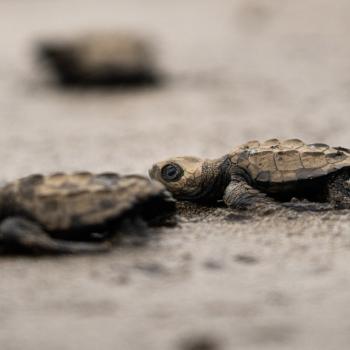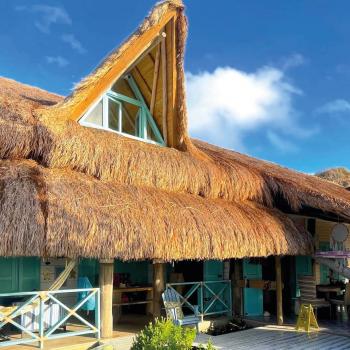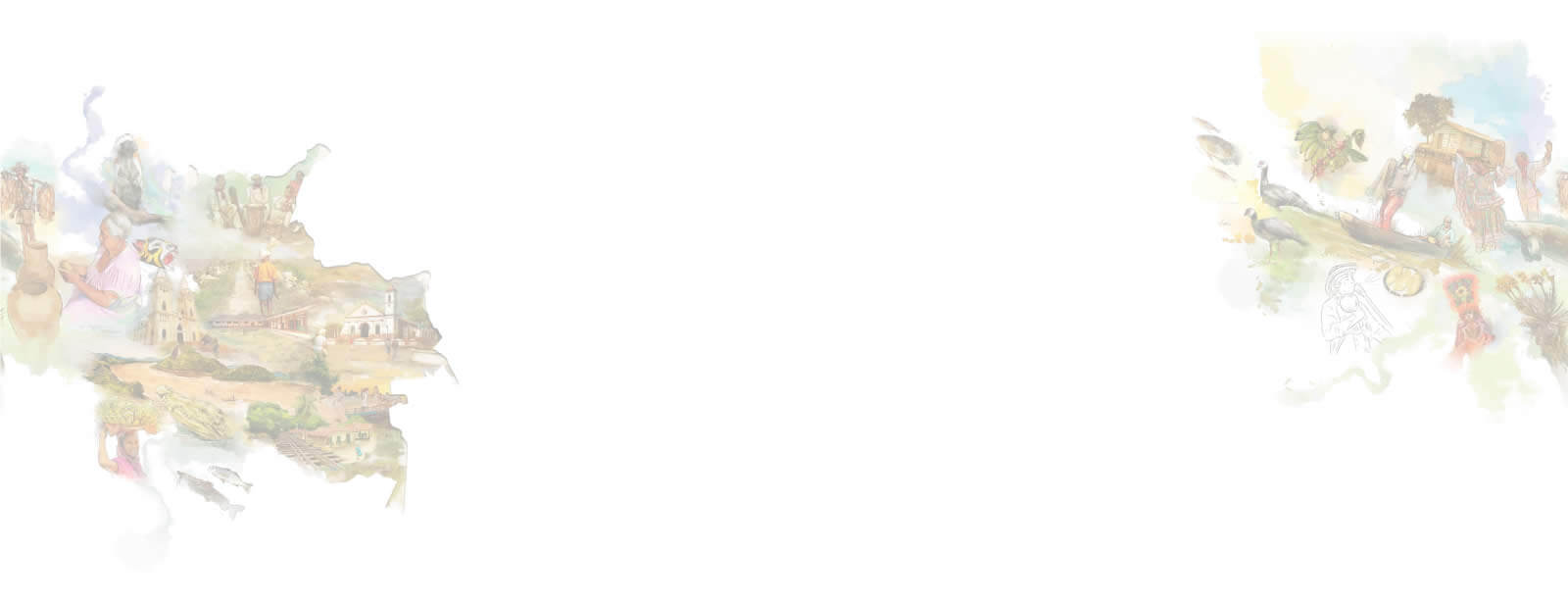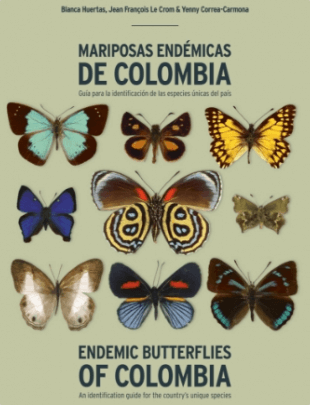
Have you ever stopped to think about the greatness of the world around us? This can certainly be found in Colombian beauty: in its landscapes and in their communities, as each place here offers unique experiences. To be part of, to admire, and to experience the diversity of our nature and culture is a gift to treasure, so it’s up to us to recognize, empower, and take care of it.
This country we wish to introduce you to isn’t just one of the most beautiful in the world, but it also stands out thanks to its warm, friendly people a hidden charm that takes us beyond beauty and that reflects the way cultural and historical differences give life its color and flavor.
Hence, let us delve into the Contemplation, Comprehension Conservation guide, as we explore what makes Colombia one of the most magical places on earth. We believe that this is an essential tool to learn how to explore one of the most biodiverse nations on the planet. Keep reading and discover more about what Colombia, the country of beauty, has to offer.

Colombia benefits greatly from its geographic and climatic diversity, resulting in numerous ecosystems where cultures and natural species coexist. Let us show you just a glimpse that’ll inspire you to begin exploring.
Guardians of Water and Biodiversity: the Paramos

Steven Pinzón Rodríguez, María Jimena Tafur Cuartas,
And Diego Bohórquez Novoa)
Water is an essential part of life and Colombia has the privilege of counting on this variety of alpine tundra ecosystem. Paramos (or Andean moors) stores roughly 80% of the water in the country, and it's from them that most of the nation’s rivers are born.
At least 50% of the world’s paramos are in Colombia and house a plethora of endemic flora and fauna, such as the guardian of this ecosystem: the spectacled bear. The biggest paramo in the world is Sumapaz and it's located near Bogotá, the capital of the country.
A visit to a paramo can be a unique and fascinating experience. As protected areas, it’s important to follow regulations and respect the natural environment during your visit. Here are a few of the most prominent paramos to explore in Colombia:
- Chingaza National Natural Park: Located near Bogotá, it’s renewed for its paramo landscapes and glacial lagoons.
- Los Nevados National Natural Park: Situated in the Western Andes, this park is perfect for hiking and birdwatching.
- El Cocuy National Natural Park: Found in the Eastern Andes, it’s famous for its towering snow-capped peaks and stunning landscapes.
- Puracé National Natural Park: Located in the Cauca department, this park offers the opportunity to explore paramos and enjoy hot springs.

Costal Gems that Demand Care: Beaches

Steven Pinzón Rodríguez, María Jimena Tafur Cuartas,
And Diego Bohórquez Novoa)
Colombia’s beaches are the best representation of the union between land and sea. These are the ideal destination for those seeking to rest in the middle of crystal-like water and white sand.
The country is fortunate enough to be bathed by two major bodies of water: the Pacific Ocean and the Caribbean Sea. Besides, Colombia has beautiful islands, such as San Andrés, Providencia, and Santa Catalina.
On one hand these ecosystems are key to tourism and economic development, on the other they are home to several protected natural worlds filled with endemic and migratory species.
Colombia's beaches are the preferred destination for both foreigners and locals seeking relaxation, cultural diversity, and engagement in various recreational and sporting activities. Blessed with coasts bathed in different shores, it’s crucial to respect protected areas and conserve coastal life. Here are a few beaches you can enjoy:
- Playa Blanca in Barú, Cartagena: Renowned for its white sands and crystal-clear waters.
- Tayrona National Natural Park on the Caribbean coast of Santa Marta: Beyond its beautiful tropical scenery adorned with orchids, coral formations, mangroves, and a wide variety of wildlife, the park houses archaeological ruins guarded by four indigenous communities residing in the Sierra Nevada de Santa Marta (Kankuamos, Koguis, Wiwas, and Arhuacos).
- Bahía Solano in Chocó: Known for its lush jungle, dark sandy shores, and local communities rich in authentic traditions. An ideal destination for whale watching, surf enthusiasts, and anyone seeking to enjoy the Colombian Pacific’s traditional cuisine.

Biodiverse Treasures: Jungles and Tropical Rainforest

Places like the Colombian Amazon and the Chocó department in the Colombian Pacific bear witness to the extraordinary richness of flora and fauna housed within the country's jungles and forests. This vital ecosystem, deemed an essential lung for human life, accounts for at least 15% of Colombia's forest areas. Tropical rainforests are filled with wildlife while also acting as water and air purifiers.
The ancestral heritage of these spaces endures today, thanks to indigenous communities and Afro-Colombian populations who safeguard and harness the resources provided by nature. It's crucial not to leave permanent traces in these ecosystems and to grasp that our visit should have minimal impact as we revel in the beauty of the jungle and rainforests.
Both the Amazon and Chocó regions have several breathtaking places to visit. Here are some recommendations:
In the Amazon:
- Leticia: Is the largest city in the Colombian Amazon and a launchpad for exploring the region, savoring typical dishes, engaging with local indigenous communities, and participating in animal spotting during both daytime and nighttime.
- Amacayacu National Natural Park: This park offers jungle trail walks, diverse fauna observation, and river navigation.
In Chocó:
- Utría National Natural Park: Offering unique biodiversity among tropical forests, mangroves, and waterfalls. This park stands out for its high natural diversity, with a significant number of endemics species.
- Nuquí: A popular destination for its beautiful beaches, marine biodiversity, and tropical jungle that contrasts with the sea. The region provides everything for nature and adventure enthusiasts while enjoying local hospitality.
- Gorgona Island: Although off the coast of the Cauca department, if you're in the region, this island is a natural reserve and wildlife sanctuary worth visiting. It's a must for diving enthusiasts.

Cultural Destinations: Admiring the Heritage

Colombia is rich in cultural heritage with colonial cities, archaeological sites, and ethnic populations (Indigenous, Afro-Colombians, Raizales, and Rom) that render each part of the territory unique.
The country's geographical and climatic variety has allowed for a singular diversity in each region, all characterized by both distinction and unity. Around 65 indigenous languages are spoken in Colombia, over 1,025 rhythms exist, and 12 products bear a protected origin seal. Every year, hundreds of fairs and festivities celebrate the country's culture and traditions.

Travel to Care, Care to Travel
The guide Contemplation, Comprehension and Conservation is an invitation we extend to you to travel, marvel at Colombia's attractions, and commit to protecting them. By embracing environmentally friendly practices and respecting local cultures, you contribute to preserving Colombia's natural and cultural legacy for future generations.
When you explore Colombia and revel in all that the country offers, you're discovering 59 national natural parks; experiencing diverse climatic zones; being captivated by beaches, forests, jungles, and other ecosystems; and immersing yourself in cultures with a unique charm. Come and discover Colombia, the country of beauty.

Steven Pinzón Rodríguez, María Jimena Tafur Cuartas,
And Diego Bohórquez Novoa)























